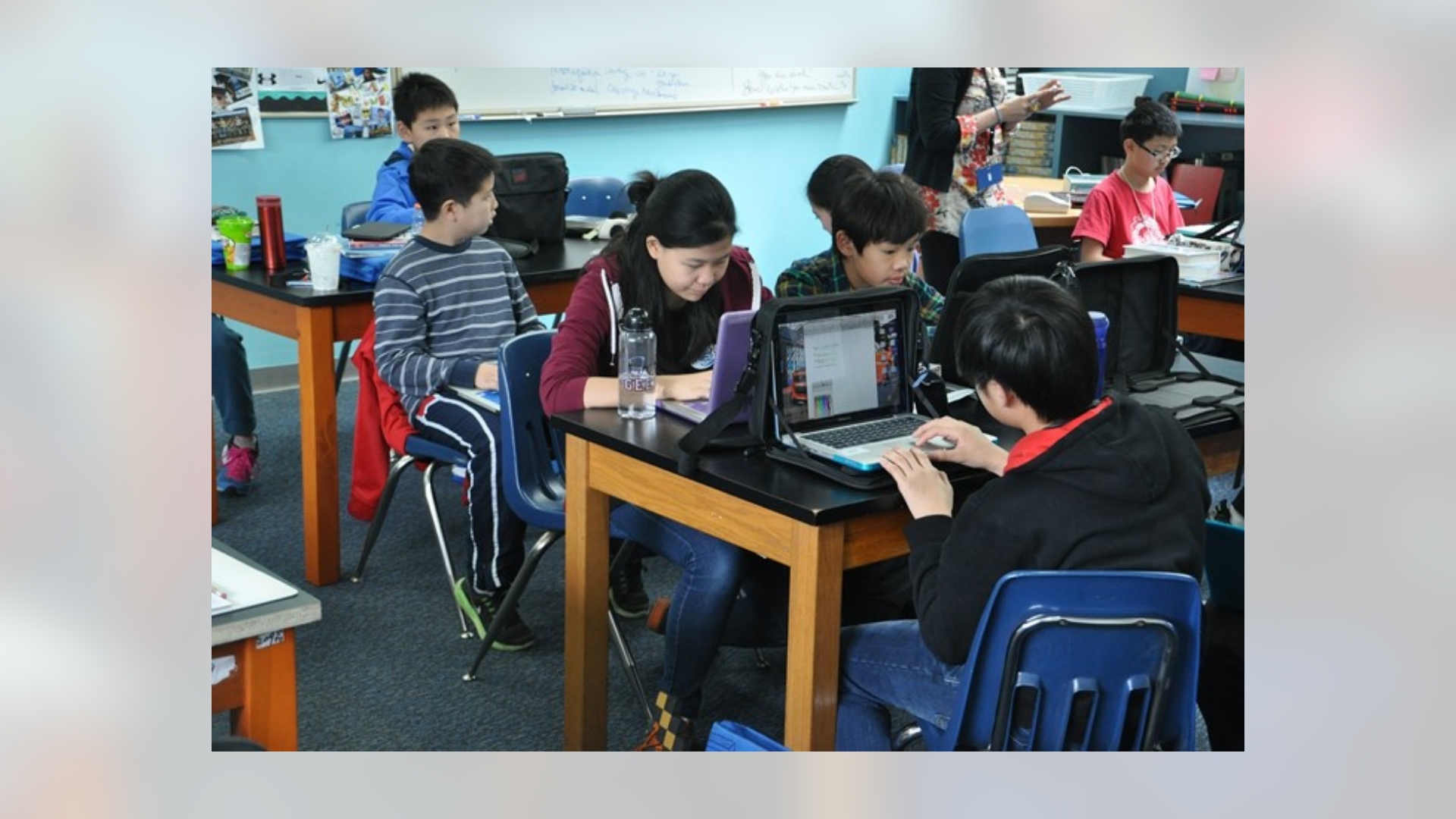OPENING access to basic needs and ensuring their deliverability is one of many ways local governments can do to make local people thrive. Continuously upgrading ways to ensure deliverability shows that basic services are on the top list of local government priorities. Cities can learn how local governments of other cities deliver to local people and thus galvanise new and relevant practices to overcome challenges in their areas. In this issue, we compile practices of local governments that continuously look for ways to ensure local people get access to basic services.
Cambodia – Development of Khang Panya Lao
Khang Panya Lao (meaning Wisdom Warehouse in English) is a digital educational platform that is accessible via a website and application (APP) allowing offline access. The development of this platform is an access opening to knowledge as it can be used as a blended learning, for teaching tools in schools as well as additional resource for learning at home for students and teachers providing continuing education in the face of pandemic and related emergencies. The development of this platform is an access opening to knowledge as it teaches by supporting and improving the professional development of teachers, principals, pedagogical advisors, and education technical staff. It also serves to improve the digital skills of children, young people, teachers, and education staff. Launched on October 5, 2021, by the Ministry of Education and Sports of Lao PDR, this platform has reached out to 100,000 users in Laos (eeas.europa.eu, access on March 3, 2023).
The development was conducted with the support of the European Union, the Global Partnership for Education, and UNICEF in collaboration with Aide et Action, Australia-DFAT, and BEQUAL, ChildFund, Humanity and Inclusion, JICA, Room to Read, Save the Children, UNESCO, UNFPA, USAID, WFP, and the World Bank.
Cash Transfer from the Government to Promote Maternal and Infant Welfare
Starting in 2019, the Government of Cambodia allocated a budget for cash assistance to pregnant women and children (under the age of two). According to the Ministry of Social Affairs, the programme aims to address the malnutrition of infants and children of poor families (from birth) to promote physical and mental growth as well as maternal and infant welfare. This practice expands people’s access to nutritional food as their essential needs. The programme has three stages: 1) giving 40,000 riels ($10) to pregnant women who got their four prenatal check-ups; 2) adding 200,000 riels when the women give birth; 3) providing 40,000 riels each time the women come in for post-partum health checkup/vaccination prior to their children reaching the age of two (max.10 visits). The programme is different from the COVID-19 assistance for the poor and vulnerable families as also implemented by the government.
Malaysia – Building Capacity of Youth to Lead Sustainability
YELL (Youth Environment Living Lab) is a web-based platform developed to allow young people in Malaysia to move from awareness to actions related to climate and the environment. The platform connects various related stakeholders with the same vision to network and share good practices related to climate and environment. The development of this platform brings access to relevant knowledge and networks all in one place for youth, enabling them to understand where they are and where to head.
This platform was supported by UNDP Malaysia, Singapore, Brunei Darussalam, and UNICEF Malaysia following a survey of 1,393 Malaysian youths who have shown eagerness to act on climate and environmental issues. Check further: https://yell.my/
Philippines – Providing Affordable Housing Programme
The City Government of Quezon is challenged by the fact that approximately a third of the total households in the city populate the slum areas. This happens as most of people do not have regular incomes and even though some do have, they still cannot afford decent housing at commercially available rates.
In 2010, the City Government of Quezon decided to come up with a multidimensional programme instead of relying on the National Housing Authority (NHA) and the Socialised Housing Finance Corporation to provide affordable housing for the poor. The programme started with a systemic survey to study the housing needs, causes of housing lack, and possible solutions. The City Government of Quezon upgraded its departments and created a structure that allows multistakeholder participation. The newly created structure set up revenue measures to generate and mobilise funding to develop the housing project; it also made partnership agreements with landowners, housing developers, and civic organisations with the similar mind to add up the resources and facilities supporting the affordable housing programme.
Quezon optimised the Idle Land Tax and the Socialised Housing Tax and has been able to generate about PhP70 million and PhP250 million a year respectively to fund the housing project. The galingpook.org website noted that the local government of Quezon has eight low-cost housing projects that can accommodate 2,367 households. Possible financing has included national funding Pag-ibig Fund, Social Housing Finance Corporation loans, and local government in-house financing.
This programme not only provides a solution for the housing challenge but also upgrades the living condition of the poor by providing various facilities as well, such as health and day-care education. Local governments also organise beneficiaries into homeowner associations that maintain cleanliness and order in the newly created communities. The associations also play a role as the conduits between local government and people for programmes to improve their living conditions and income. This programme is supported by appropriate legislation to ensure its continued implementation.
*****











